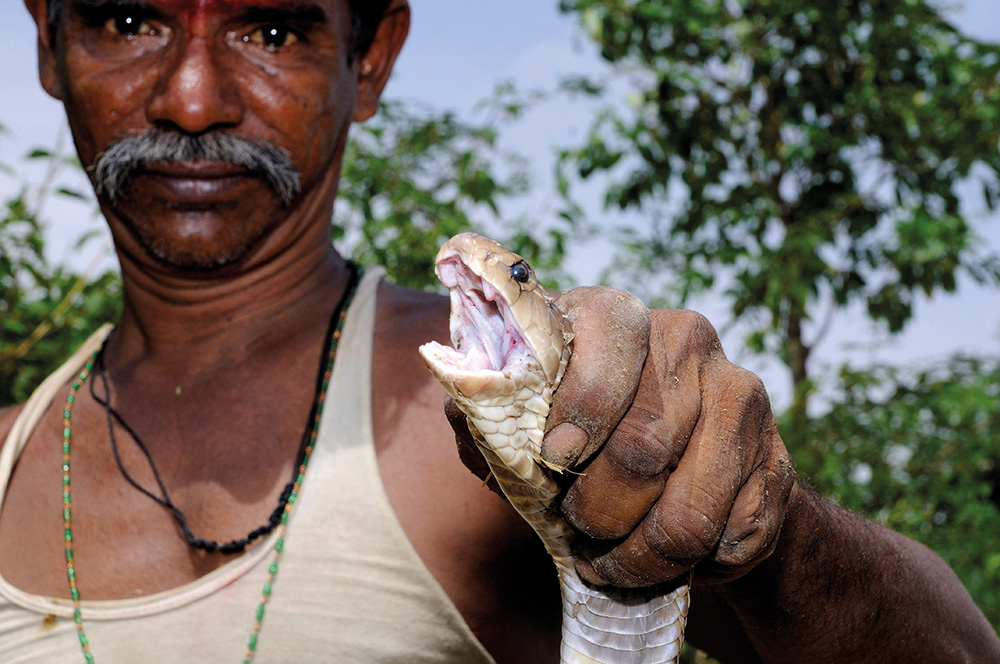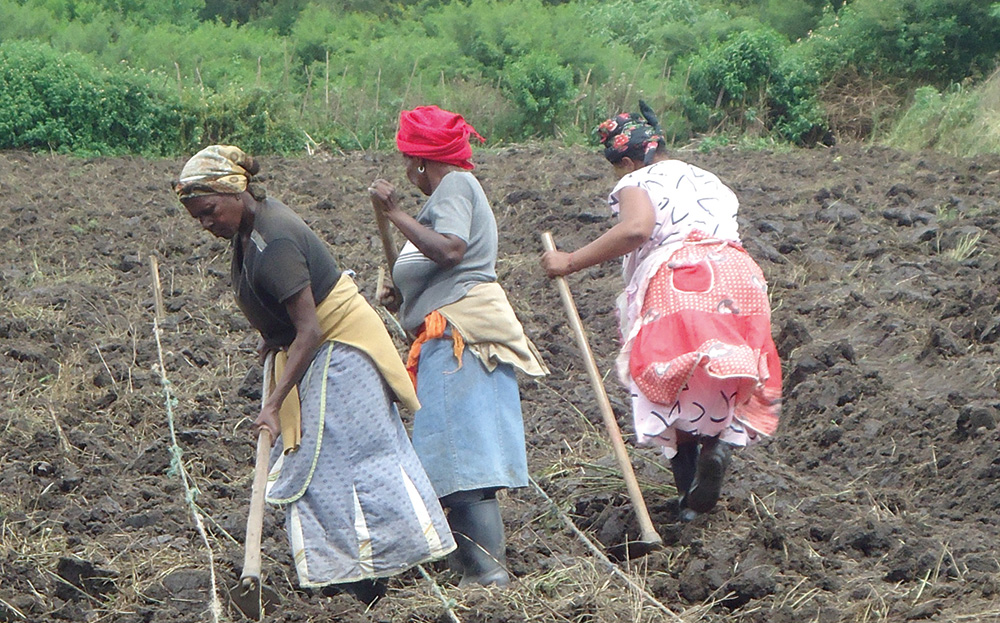DLG-Verlag was founded in 1952 as a subsidiary of DLG e.V. (Deutsche Landwirtschafts-Gesellschaft - German Agricultural Society) with its headquarter in Frankfurt/ Germany. The publishing company provides expertise for the agricultural and food sector.
With its subsidiaries Max-Eyth-Verlag and DLG-Agrofood Medien GmbH the DLG-Verlag offers books and magazines, as well as catalogs of the DLG's international DLG exhibitions.
Members:
Resources
Displaying 91 - 95 of 316Sprouts and microgreens for a nutritious diet
Recent studies have shown that modern breeding for high yield, visual appearance and long shelf life led to an unintentional decline in taste and the content of essential nutrients in vegetables. AVRDC – The World Vegetable Center is studying whether traditional vegetables are more nutritious than modern varieties and whether early growth stages of these vegetables offer consumers a higher content of phytonutrients.
Agricultural policies in the 2010’s: the contemporary agenda
Agricultural development has moved up the agenda. Today it has not only to reduce poverty and hunger, but also become environmentally sustainable and climate smart. Disputes over agricultural policies are highly visible, but consensus exists on fundamentals for growth. It is not just what to do that matters, but also how to do it. Increasingly, the search is not for optimal policy, but for ‘good fit’, or even ‘good-enough’ policy.
How to increase farmer organisations’ effectiveness?
Farmer organisations that deal with policy and advocacy need a lot of specific skills. Exchange programmes with their counterparts in the North can help local farmer organisation in the Souht tap their potential.
Food security, agricultural policy and the role of small-scale farms
Increasing prices for agricultural commodities offer a historic opportunity to intensify production systems for small-scale farmers in many developing countries. But without agricultural policies supporting them in making use of this opportunity, many of them would lose their access to land and income, resulting in aggravated food insecurity.
FAO’s Monitoring African Food and Agricultural Policies initiative
Policy-makers often lack information and analytical capacity to effectively monitor how policies impact on different stakeholders. The MAFAP initiative of the Food and Agriculture Organization seeks to bridge this gap.






